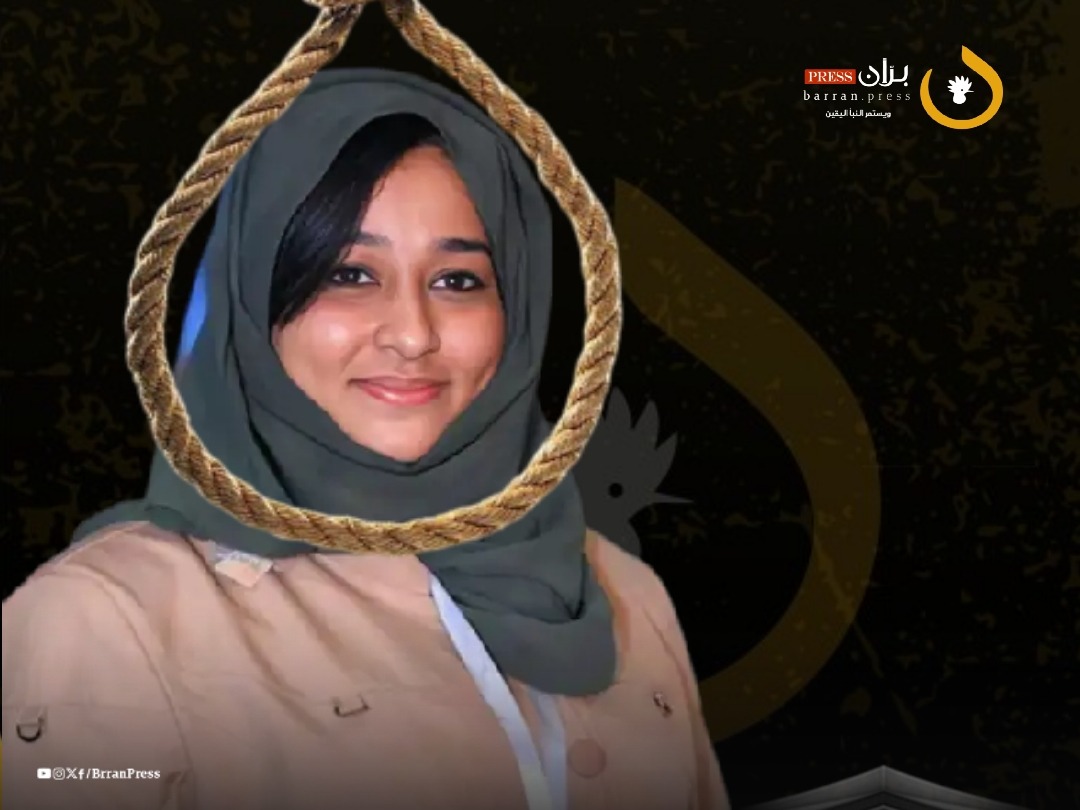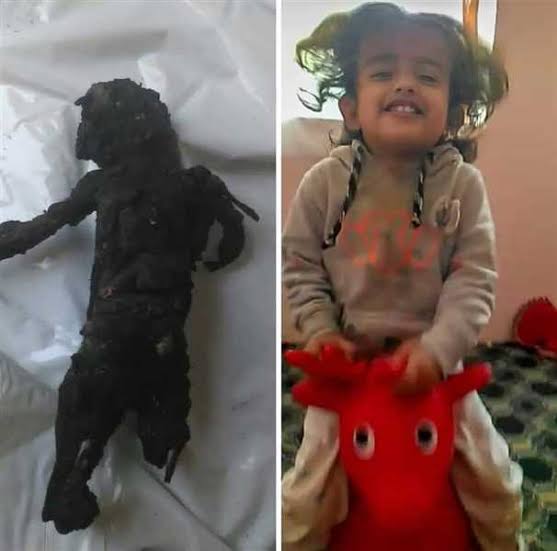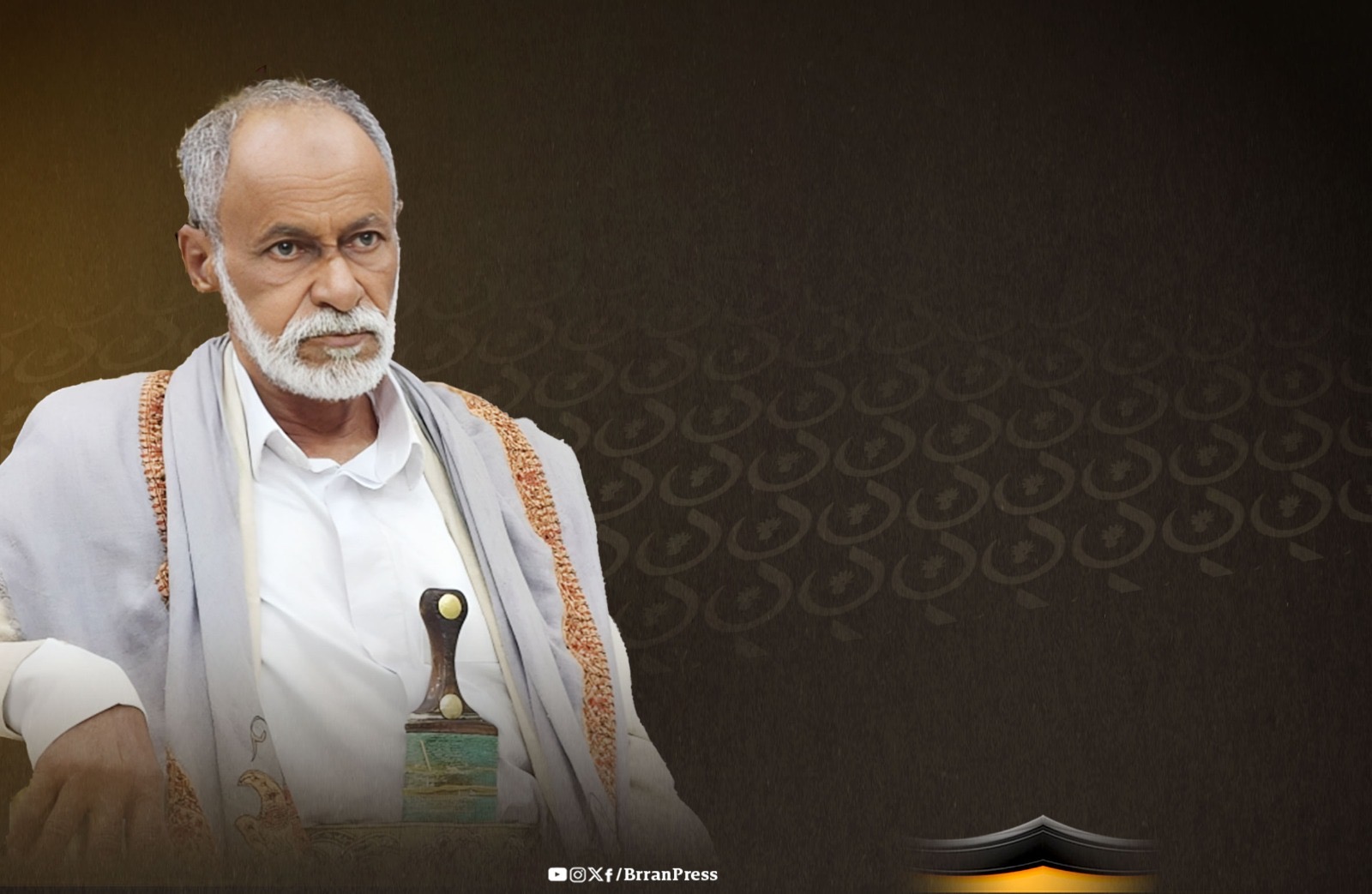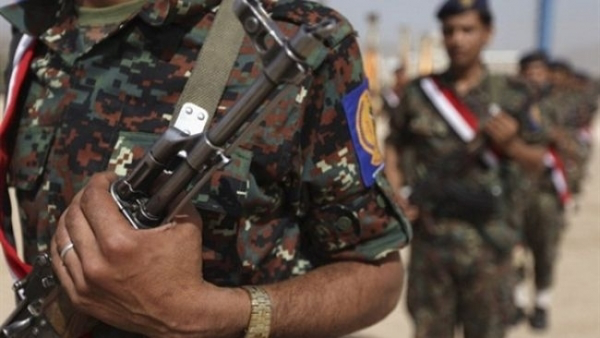
Barran Press
Amnesty International on Wednesday, August 14th, 2024, called on Houthi authorities, designated as a terrorist group by the international community, to overturn the conviction and death sentence against abducted human rights activist Fatima al-Arooli and release her immediately.
The international organization stated in tweets on its official account on the platform "X," as monitored by "Barran Press," that "two years have passed since human rights defender Fatima al-Arooli was arrested by Houthi forces in Taiz."
Amnesty added that al-Arooli "remains at risk of execution after being sentenced to death by the Specialized Criminal Court in Sana'a, under Houthi control, on December 5th, 2023, following an egregiously unfair trial."
The organization explained that al-Arooli has been subjected to a series of human rights violations since her arrest, including enforced disappearance and detention incommunicado, under conditions violating the absolute prohibition of torture and other ill-treatment.
Amnesty stated: "The de facto Houthi authorities must overturn the conviction and death sentence against Fatima al-Arooli, ensure a fair retrial without recourse to the death penalty, or release her immediately and drop all charges against her."
Fatima al-Arooli is the former head of the Yemen office of the Arab Women Leaders Union, affiliated with the League of Arab States, and an activist in the field of promoting women's rights.
Fatima al-Arooli was abducted at a Houthi checkpoint in al-Manshoor, Taiz Governorate, on August 13th, 2022, and subjected to enforced disappearance for eight months.
Amnesty International stated in a previous statement that al-Arooli's family searched for her "in every police station and prison in Sana'a, while authorities refused to provide them with any information about her fate or whereabouts." They later learned "unofficially that she was being held incommunicado at the detention center of the Security and Intelligence Service in Shmelan, Sana'a, since her arrest, and she remains detained in that center to this day." Amnesty considers "enforced disappearance a crime under international law."
On July 31st, 2023, prosecutors accused Fatima al-Arooli of assisting the "aggression of the United Arab Emirates" and providing coordinates to reveal the locations of the army and the Houthi-affiliated "Popular Committees," a charge carrying the death penalty. Her case was referred to the Specialized Criminal Court.
Since 2015, Amnesty International has documented cases of over 60 individuals referred to the Specialized Criminal Court in Sana'a, including journalists, human rights defenders, political opponents, and members of religious minorities, who have been subjected to trials described as "unfair on false or fabricated charges before this court."
Almost all of them were tried on espionage charges punishable by death under Yemeni law, according to Amnesty International.
In a recent report, the human rights organization "Rights Radar" stated that "the judicial authorities affiliated with the Houthi group have issued more than 641 sentences of imprisonment and execution since their control of Sana'a in September 2014 until this July."
These sentences, according to the organization, included "630 men, 10 women, and one child, 579 of whom were sentenced to death, including 6 women and one child, while 62 were sentenced to imprisonment, including 4 women."
"Rights Radar" considered the issuance of such decisions "a cause for real concern for the lives and safety of detainees and prisoners held by the Houthi group, as they are the sole controlling party over the judiciary, making the lives of detainees at real risk."
The organization stated that "the Houthi group's continued issuance of such referrals and the resulting decisions and judgments confirm one fact: the Houthis are using the judiciary and prosecution offices as a tool for political elimination and moral repression of their opponents, and against anyone who refuses to engage in their specific political and ideological activities."





